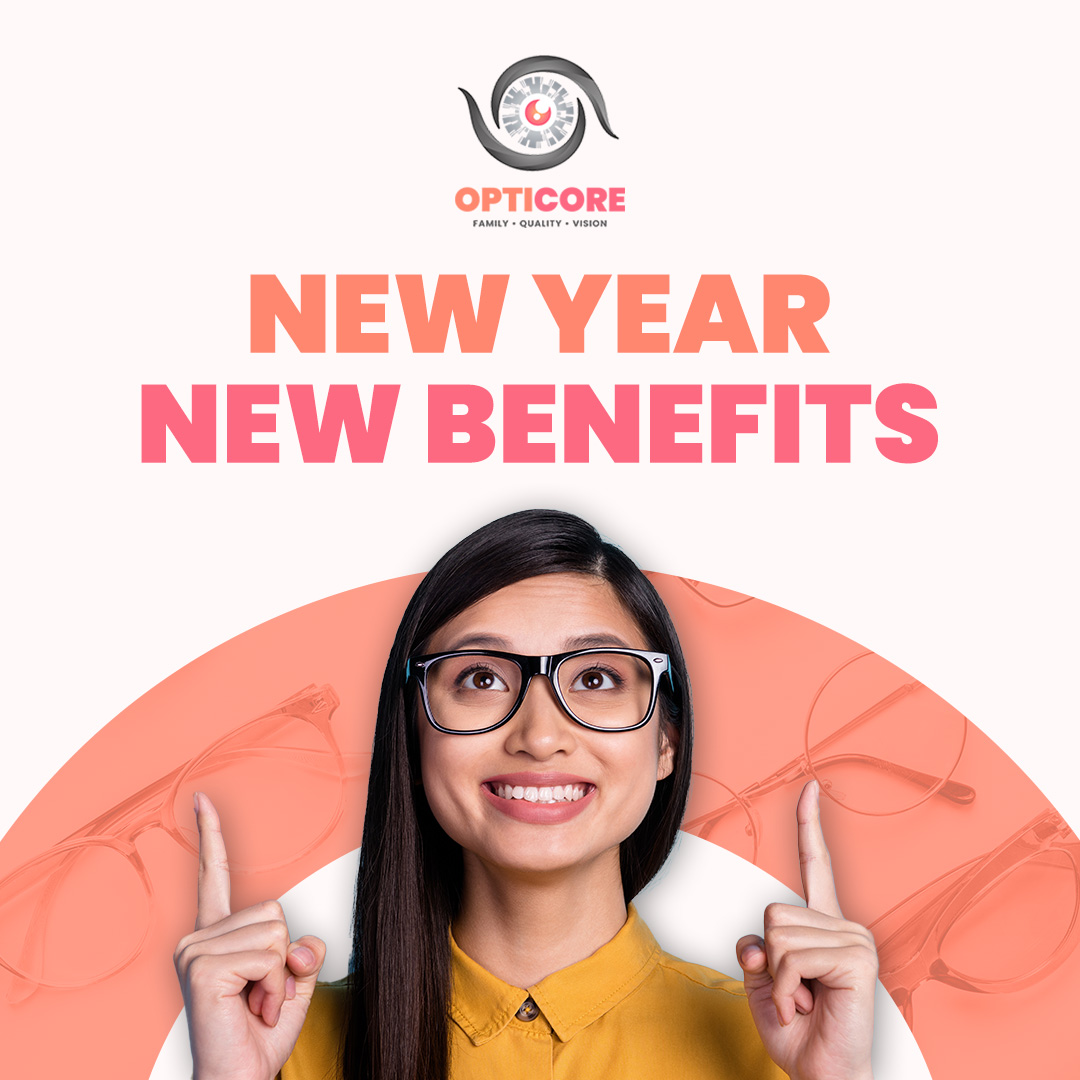Opticore Optometry Group Blog
Learn more about optometrist care in our blog!

When it comes to maintaining optimal eye health, early detection of eye conditions is essential. Optomap retinal screenings have emerged as a revolutionary tool in the field of eye care, allowing optometrists to detect early signs of various eye conditions. This non-invasive procedure provides a comprehensive view of the retina, enabling the identification of potential issues that may otherwise go unnoticed.

When your vision begins to resemble a foggy window, it's possible that cataracts are the culprit. A cataract is a clouding of the lens in your eye, which is normally clear. This condition can make it seem like you're peering through a misted-up or frosty lens, causing your sight to lose its former clarity and brilliance. Understanding what cataracts are is the first step toward regaining the vivid visuals you once enjoyed.

Our eyes also require consistent care and attention. Eye care is not just about correcting vision but also about preventing potential issues that could compromise our vision in the future. Being proactive about your eye health can save you pain, discomfort, and even prevent vision loss. One of the most effective ways to be proactive is to undergo regular retinal screenings.

Life is unpredictable and so are the unexpected eye incidents that we may encounter. These incidents can be as minor as a small particle of dust entering the eye or as significant as a sudden loss of vision. Unexpected eye incidents can be quite alarming, and knowing what to do when they occur is absolutely essential. This knowledge can often mean the difference between preserving our eyesight and suffering permanent damage.

Diabetic retinopathy is a serious eye condition that affects individuals with diabetes. It is the leading cause of blindness among working-age adults. Understanding the causes, symptoms, and management options for diabetic retinopathy is crucial for individuals living with diabetes.

Age-related macular degeneration (AMD) is a common eye condition that affects millions of people worldwide. It is a leading cause of vision impairment among adults over the age of 50. AMD primarily affects the macula, which is the central part of the retina responsible for sharp, detailed vision. The condition occurs when the macula begins to deteriorate, leading to a gradual loss of central vision. This can make it difficult to perform tasks such as reading, driving, and recognizing faces.

Dry eye is a common condition that affects a significant number of people worldwide. It occurs when your tears are unable to provide adequate moisture for your eyes, causing discomfort and visual disturbances.

Your eyesight is precious. As you get older, changes in your vision can impact your independence and quality of life. Age-related eye diseases like cataracts, glaucoma, and macular degeneration are common. Fortunately, you can take proactive steps to maintain eye health as you age.

Contact lenses are tiny, clear disks of plastic that sit directly on your eyes to correct vision. They are a safe and effective alternative to glasses, offering you a natural field of view, unhindered by frame edges. Choosing the right contact lenses is essential for your eye health, comfort, and vision clarity.

Comprehensive eye exams serve a purpose beyond monitoring your vision. When examining your eye structures, the doctor can identify many systemic conditions. They can identify these conditions before they present noticeable symptoms.











